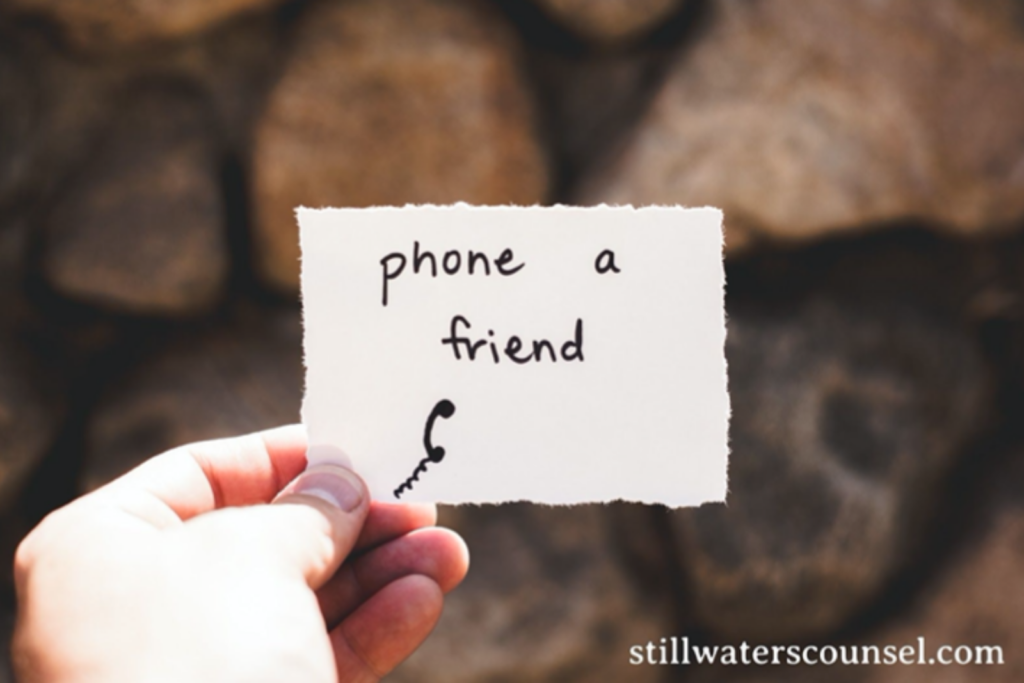Does digital media make us happier? The answer to that question seems to be a resounding no. Does that surprise you?
A recent study found that one in five people feel depressed about using digital media (e.g. social platforms, internet portals,etc.)
It has been proven that excessive use of screens leads to addiction, lack of energy and creativity, lack of social skills, as well as physical health problems (vision problems, and even obesity). However, the fact is that we are all technology-oriented in our daily lives, and in order to communicate, we often need to use digital media.
In the past two decades, the internet was primarily used for entertainment and surfing the web. Today it is mostly used for interpersonal communication. Most people use digital media and social networks to fulfill different social needs, including affiliation, self-presentation, and self-expression. Social platforms can have many advantages, but their overuse can often make us feel dissatisfied, isolated, and can even harm an individual’s mental health.

Oftentimes, people are trying to make up for their insecurities on social media. However, they may not realize how dangerous that is. Chasing after likes, friends, followers leads to a special feeling of satisfaction, but it is a false sense of belonging. People, especially the younger populace, fall into this trap. The virtual world is full of illusions, and someday there will come a time when they will have to face reality beyond the internet.
How can a person recognize the first signs of anxiety due to the excessive use of digital media?
The most common symptoms of the negative impact of digital media on mental health include:
1. A lack of self-confidence
We all possess some kind of insecurity. Self-confident people believe more in themselves and their abilities, while people who have low self-confidence think they are incompetent, insignificant, unloved, burdened with negative thoughts and fears, do not take initiative, are afraid of change and risk, have a distorted image of themselves and others, etc.
2. Isolation
A human is by nature a social being and has a constant need to meet new people to enrich their life experience. Many people usually spend countless hours on digital media, developing an unintentional addiction. At the same time, they lose the desire to make new friendships in real life. Addiction is more likely to develop in cases of easy internet access from any location and without restrictions, as with smartphones.
3. Not living in a moment
A person isn’t living in the moment if they are too preoccupied with constantly adjusting filters and hashtags on social media. To achieve a healthy and functional life on an emotional and spiritual level, this person must learn to live in the present moment and be aware of their surroundings.
4. A lack of sleep
Lack of sleep affects just about every aspect of human life. But because of our modern lifestyle and numerous obligations, people often sacrifice their sleep. This can lead to elevated levels of cortisol, also known as the stress hormone, in the body. High levels of cortisol affect a person’s mood and a person starts to feel unhappy. This will inevitably lead to anxiety and depression, and if left untreated it can lead to serious consequences.
5. Fear of missing out (FOMO)
The fear of missing out is based on the idea that someone else is experiencing a great time and we are not part of it. This is a very destructive fear in which we have the feeling that everything passes by us. That is why it isn’t unusual to see people in cafes, offices, classrooms constantly looking at their mobile phones, fearing that something important will happen in a few minutes, and if they put down their phones, they will somehow miss out on critical information. This reinforced behavior can put someone in a state of depression, intense remorse, and anxiety.

What can a person do when they notice digital media having a negative impact on them?
- A person may experience low self-esteem and focus their attention on people whose accounts may seem superior to them. For example, “I will never be as thin as her”, “I will never be so happy as him”, “I will never be as successful”, etc.
- A mini-experiment can be conducted to reset one’s mindset. For example, avoiding social networks for 10 days, and monitoring their mood. It is expected that a high level of unbearable anxiety will occur initially as a resistance to the social media “withdrawals”. However, with time, this person will realize the benefits of less screen time, including mood improvement and better quality of life. They are looking at things in real-time and gaining pleasures from real-life interactions. This may help someone overcome some aspects of their insecurities and possibly help them gain the confidence to pursue their own success.
- Another tip is introducing a rule with clear definitions in certain situations where it is completely forbidden to use digital media – for example during a meal, before bed, when guests come over to visit or while driving a car (this goes without saying – please don’t ever text and drive). If you are worried about technology overconsumption with your family, you can make a rule that mobile phones, tablets, and computers are only to be used in the living room or shared areas.
- Don’t forget to set limits for young children, as too much screen time may be harmful to children’s development (1-2 hours a day, not exceeding 3).
To avoid feeling anxious and depressed, it is necessary to work on building a strong sense of inner self-confidence. In this context, it would mean raising awareness of the fact that true happiness and contentment are not about digital media, social networks, and approval from other (often unknown) people.
How can a therapist help? By encouraging a person to look at digital media and social networks critically. It’s important for individuals to develop resilience and the ability to love themselves. Everyone should learn how to be more kind to themselves, and accept their whole-being, flaws, and all.
If you need mental health support, please feel free to message me at meegan@stillwaterscounsel.com or schedule a free consultation with me on my booking page.

Leave a Reply